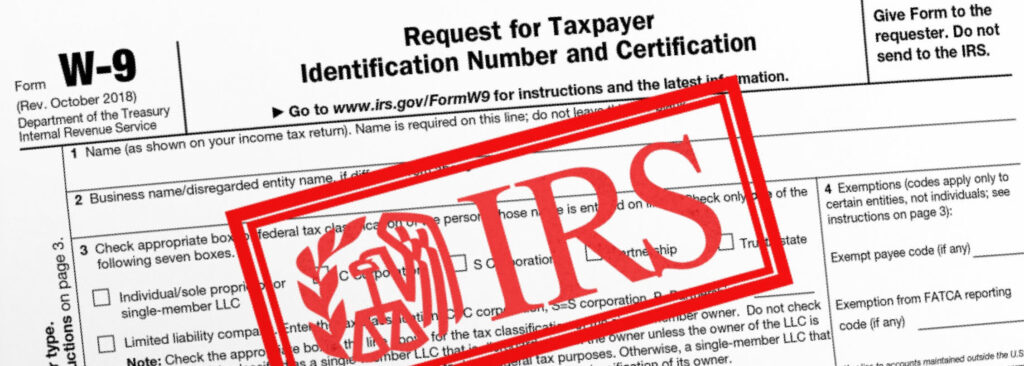Starting a new business is an exciting venture, but when it comes to tax purposes, selecting the right business structure is crucial. A client recently asked whether it’s better to establish their mobile food business under an LLC or an S-Corp, considering they have four partners. Here’s a concise breakdown of the considerations:
It Depends on Your Operational Structure and Investment Goals
Choosing between an LLC and an S-Corp goes beyond tax implications. It’s about understanding your operational needs, investment goals, and the roles each partner will play in the business.
Some notes are below. I would also ask an attorney and consult the others if they have a strong preference for reasons of their own. A lot of effort should be spent early to see who is bringing what to the table and how the entity works this out. Often someone might be the chef operator and the other people bring in expertise and or just $$$. What happens with losses? What if the entity needs more money?
S-Corp is likely no good because “four is a crowd”
In this scenario, an S-Corp might not be the best fit. S-Corps have limitations on ownership percentages, and with four partners, it can get complicated. However, it’s not impossible, especially if it aligns with existing S-Corps for tax efficiency.
LLC Offers Flexibility Amid Complexity
In the realm of food and beverage, the LLC is a common choice. Its flexibility in ownership, management, and compensation makes it attractive. Understanding each partner’s contribution is vital—whether it’s culinary expertise, financial investment, or other assets.
Losses and Compensation Considerations
For LLCs, losses may or may not be deductible in the year they occur, depending on your role in the business. Clearly defining how losses are handled and compensating partners is crucial for a smoothly operating entity.
C-Corp for Simplicity and Investment
C-Corp should be considered for simplicity. This is less tax efficient but has some merit in certain cases. Also if there are losses in an entity, these tend to stay at the entity level until profits happen or another big event (sold business / out of business / etc…). A Delaware C-Corp for example is often a big business / startup / seeking big investment type of entity.
The Industry Trend Matters
Aligning your business structure with industry trends can have advantages. If potential investors are already involved in restaurant LLCs, there could be tax benefits by maintaining consistency across entities.
Consultation is Key
Ultimately, consulting an attorney is crucial. Legal advice ensures your choice aligns with your business goals and protects the interests of all partners. Discussing preferences with other partners is equally important as it provides a holistic view of what structure suits everyone.
In summary, the choice between an LLC and an S-Corp for your mobile food business boils down to your specific circumstances. Take into account the operational dynamics, investment goals, and the unique contributions each partner brings to the table. Balancing these factors will guide you toward the most suitable business structure for your entrepreneurial journey.



